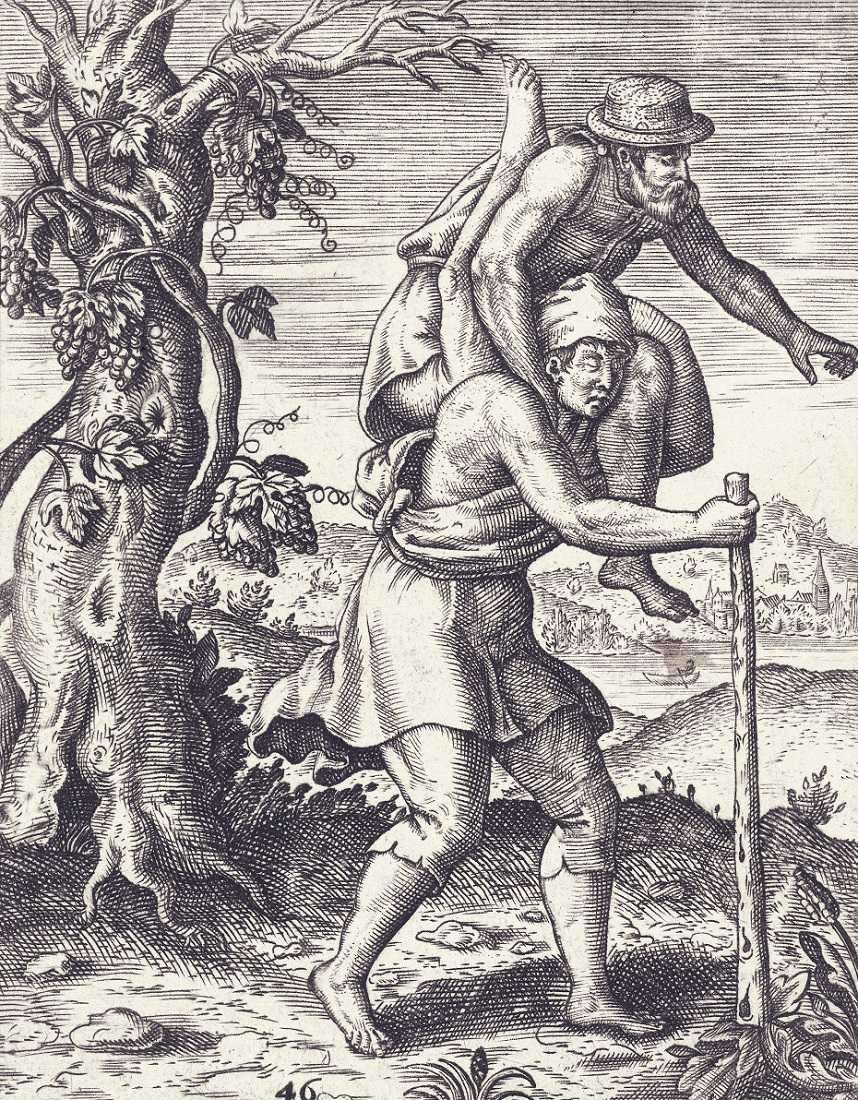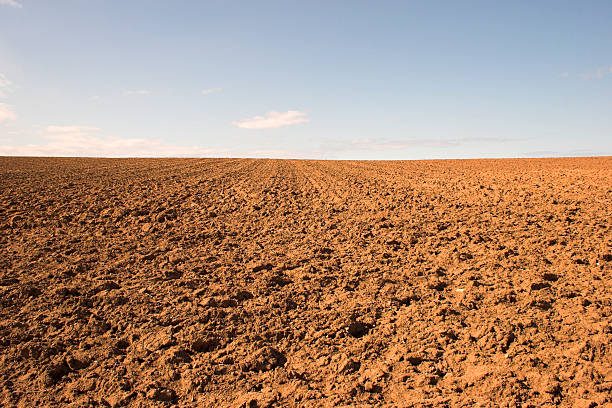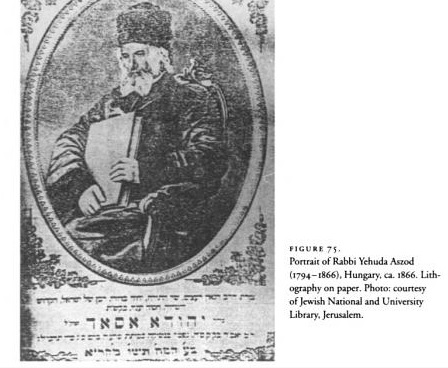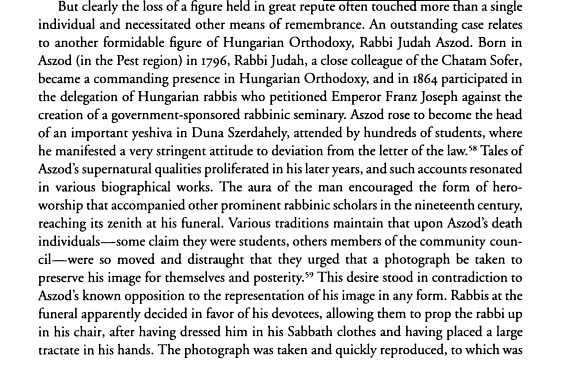BS”D
Sukkah 45b (2)
Kislev 6, 5783. November 30, 2022
1- The next few lines in the Gemara are אגדתא.
It begins with a quote from רבי שמעון בר יוחי that on the surface seems very strange indeed.
יכולני לפטור את כל העולם כולו מיום שנבראתי עד עתה.
I am able to absolve the entire world from judgment for sins committed from the day I was created until now.
2 – Topics discussed – why is this not considered boasting? How could he accomplish this feat taking upon himself the judgment for others?
3- Interesting explanation of what Reb Shimon meant by the ספר נזירות שמשון.
In short:
a- The Gemara in Sanhedrin (91a) states the following exchange.

Antoninos, said to Rabbi Yehuda HaNasi: The body and the soul are able to exempt themselves from judgment for their sins. How so? The body says: The soul sinned, as from the day of my death when it departed from me, I am cast like a silent stone in the grave, and do not sin. And the soul says: The body sinned, as from the day that I departed from it, I am flying in the air like a bird, incapable of sin.
Rabbi Yehuda HaNasi said to him: I will tell you a parable. To what is this matter comparable? It is comparable to a king who had a fine orchard, and in it there were fine first fruits of a fig tree, and he stationed two guards in the orchard, one lame, who was unable to walk, and one blind. Neither was capable of reaching the fruit on the trees in the orchard without the assistance of the other. The lame person said to the blind person: I see fine first fruits of a fig tree in the orchard; come and place me upon your shoulders. I will guide you to the tree, and we will bring the figs to eat them. The lame person rode upon the shoulders of the blind person and they brought the figs and ate them.

Sometime later the owner of the orchard came to the orchard. He said to the guards: The fine first fruits of a fig tree that were in the orchard, where are they? The lame person said: Do I have any legs with which I would be able to walk and take the figs? The blind person said: Do I have any eyes with which I would be able to see the way to the figs? What did the owner of the orchard do? He placed the lame person upon the shoulders of the blind person just as they did when they stole the figs, and he judged them as one.
So too, the Holy One, Blessed be He, brings the soul on the day of judgment and casts it back into the body, as they were when they sinned, and He judges them as one.
b- The חיד”א says that the rationale behind the judgment of the גוף and נשמה, even though each would not have been able to sin individually, is based on the הלכה that a מלאכה for example, that cannot be accomplished by one person (like carrying a 200 lb. suitcase on Shabbos) when done by two people both are חייב.

The blind and the lame, by Johann Theodor de Bry, 1596. Rijksmuseum
Similarly, true, the גוף and נשמה could not have sinned on their own/individually, but when merged into one they are each liable and judged.
c- So, concludes the נזירות שמשון, the הלכה above, that both are חייב, is the opinion of Reb Yehuda. Reb Shimon’s opinion however, is that since each one on his own could not have accomplished this מלאכה, both are פטור!!!
So in a sense, Reb Shimon is saying, יכולני לפטור את כל העולם כולו מיום שנבראתי עד עתה, meaning that humans (due to the גוף ונשמה) have the perfect excuse to wiggle their way out of יום הדין!
d- We spoke about the footnote of Reb Akiva Eiger that references a similar saying of רשב”י from אבות דרבי נתן on the same topic; absolving humans from judgment.
Here is the parable there:
Rabbi Shimon ben Yochai would say: From this you know that Israel will never see the face of Gehenna. They give a parable: To what can this be compared? [It can be compared] to a human king who had a barren field. Some people came along and rented it for ten bundles of wheat. They fertilized it, plowed it, watered it, and harvested it, but they yielded only one bundle of wheat the whole year. The king said to them: What is this? They said: Our master the king, you know that with regard to the field you gave us, in the beginning you were not able to yield anything from it. Now we have fertilized it, harvested it, and watered it, yet we have still not been able to yield more than one bundle of wheat the whole year. Although the renters didn’t, as it were, keep their side of the deal, they want the king to appreciate their efforts, given the challenging circumstances. So will Israel say one day before the Holy Blessed One: You know well that the Evil Urge has tempted us, as it says (Psalms 103:14), “For He knows our urges” [lit., how we were formed].

4 – Speaking of the Chid”a, we mentioned the fascinating story of the moving of his interred body from Livorno, Italy to Har Hamenuchos in ירושלים.
Listen to Reb Mordechai Eliyahu’s story

https://www.youtube.com/watch?v=yNjgxPDk3Yg
5- Rashbi continues to say: ראיתי בני עלי’ והם מועטין. Very few truly righteous people.
We discussed the Alter Rebbe’s 2 explanations of the word עלי’ בני in Tanya Chapter 10.
The Gemare moves on to discuss the number of צדיקים that exist in the world. 18,000, 1,000, 36.
We discussed in the past אספקלריא המאירה
6- Mentioning the 36 צדיקים we spoke about the באר היטב (OC 645, 9) that quotes others about the לולב and the reference to these 36 צדיקים.
כתב בתשובת מהרי”ו לולב אותיות ל”ו ל”ב כלומר ל”ו צדיקים בכל דור ודור וכנגד ל”ו מסכתות. ול”ב היינו התורה המתחלת בב’ ומסיימת בלמ”ד.
ולולב גימט’ חיים היינו תורה ואתרוג גימט’ תר”י עם ג’ מינים תרי”ג ששקול נגד תרי”ג מצות ומהרי”ל כתב מי שקונה אתרוג עם לולב יפים זוכה לחיי עוה”ז ולחיי עולם הבא:
7- וכנגד ל”ו מסכתות
We discussed the topic of the oft quoted “61 מסכתות and (only) 36 of them have גמרות’ when in reality, a least the way we have, it is 60 מסכתות and 37 גמרות!
Mentioned again the famed Reb Yehuda Aszad that devotes his first תשובה on this topic.


https://beta.hebrewbooks.org/pdfpager.aspx?req=57981&st=&pgnum=11
8- We touched upon the huge topic of ‘buying and selling’ שכר ועונש of another person.
Story with Michael Steinhardt
and Dovid Lichtenstein

Will continue IY”H next week.